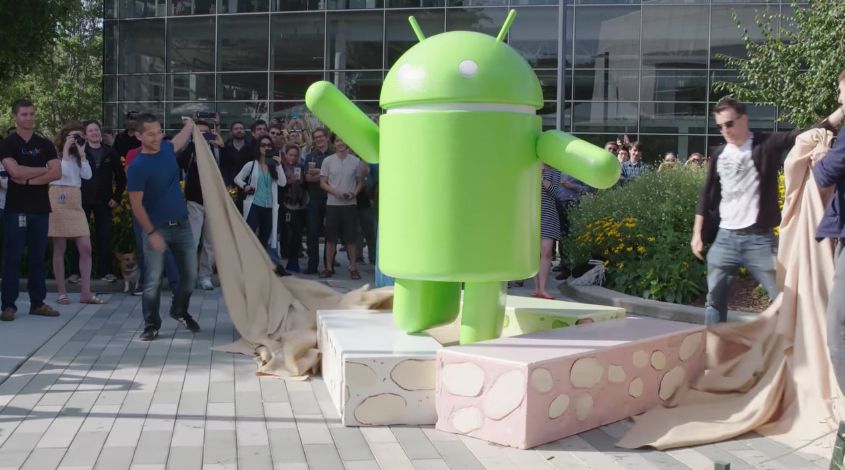Hoping to make up ground in the hotly contested artificial intelligence battleground, Chinese Internet giant Baidu Inc. is releasing a tool that allows businesses to create and deploy AI models without coding skills.
Announced Saturday, EZDL is a “no-code platform to build custom machine learning models,” designed with ease of use and security in mind, the company said.
“EZDL is a service platform that allows users to build custom machine learning models with a drag-and-drop interface,” Yongkang Xie, tech lead of Baidu EZDL, said in a statement. “It takes only four steps to train a deep learning model, built specifically for your unique business needs.”


